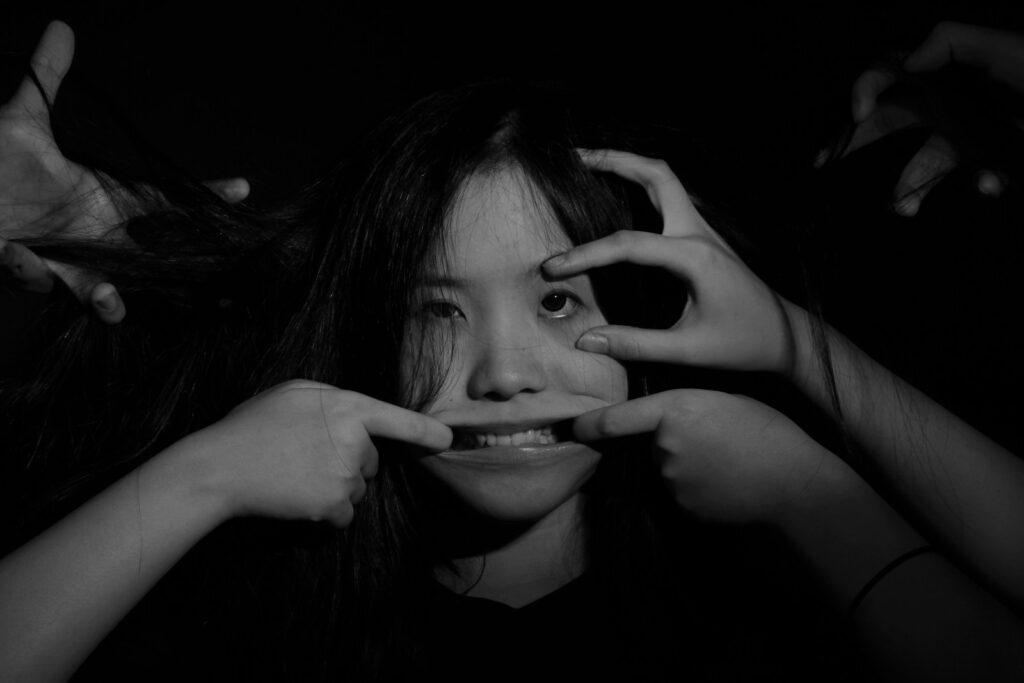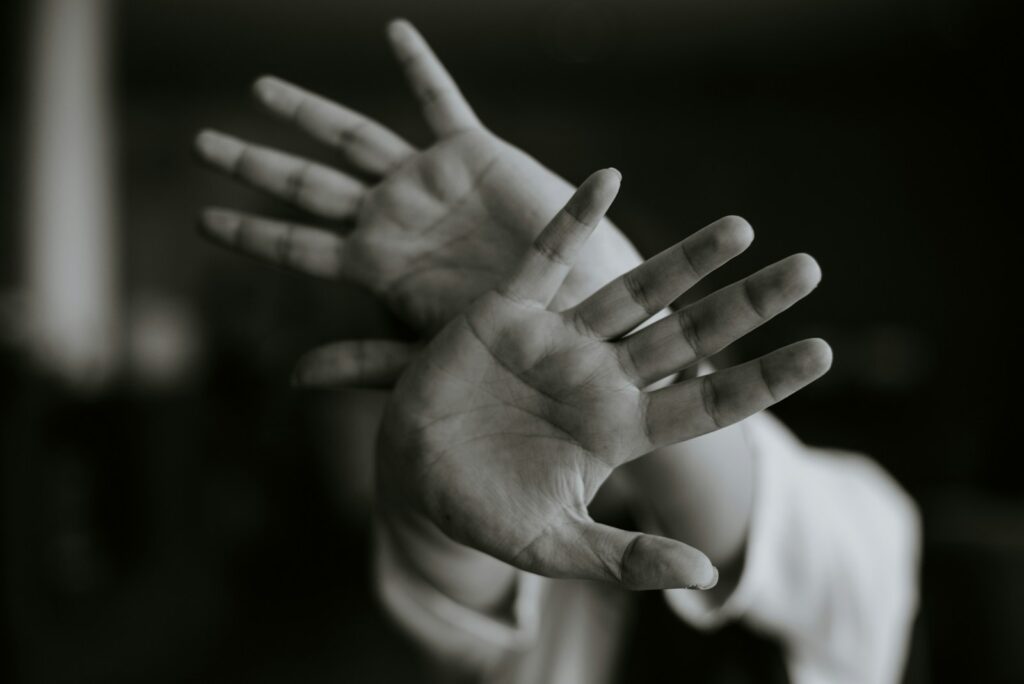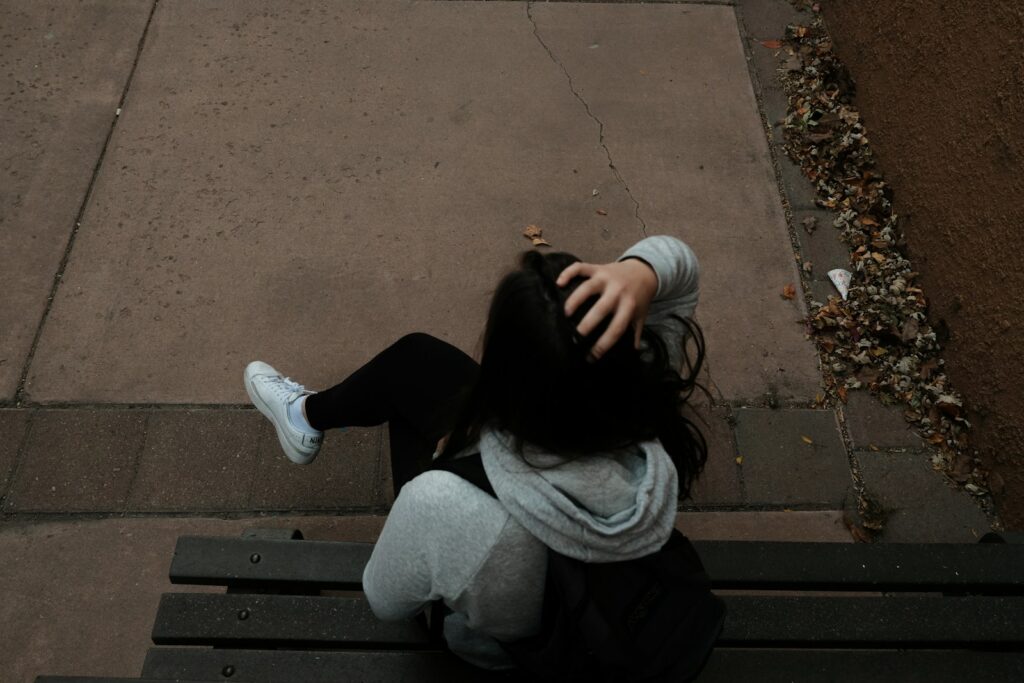
Strict households often produce disciplined children, but the weight of constant rules doesn’t disappear when they grow up. The effects linger quietly, showing up in relationships, confidence and even daily decisions. While some lessons help them succeed others become obstacles they never expected. The struggle doesn’t always look obvious. It often hides in hesitation, fear or habits that feel impossible to break. These are ways strict parenting follows children into adulthood.
They Struggle With Decision-Making

Children of strict parents grow up having most choices made for them. Later, even simple decisions feel heavy. They second-guess what to order at a restaurant, or hesitate to make career moves, worried they’ll choose wrong. Without practice in making choices freely, they carry constant doubt. The fear isn’t about the decision itself, but about disappointing someone — a fear learned years earlier.
They Fear Authority Figures

Growing up under strict parents often means every mistake was noticed. Adults who lived that way may carry fear into encounters with bosses, teachers, or even leaders in everyday life. They tense up around authority, worried about getting in trouble even for small things. Respect is normal but fear runs deeper. It comes from years of learning that those in charge hold all the power.
They Struggle to Express Emotions

When feelings weren’t welcome as children, they learn to bury them. As adults, expressing anger, sadness, or even joy feels unnatural. They hold back in conversations because emotions once brought punishment or dismissal. That silence creates distance in relationships, where openness is needed most. The struggle isn’t that they don’t feel deeply — it’s that they never learned how to show it safely.
They Become People-Pleasers

Strict homes often link approval with obedience. As adults, this turns into people-pleasing. Saying yes feels safer than saying no. They go out of their way to keep peace, even at the cost of their own needs. It looks like kindness, but beneath it is fear of rejection. The habit of shaping themselves around others is less about generosity and more about survival carried into adulthood.
They Fear Taking Risks

In homes where every rule carried heavy consequences, stepping out of line felt dangerous. That feeling doesn’t vanish with age. Adults raised this way often cling to the familiar even when new opportunities could help them grow. It’s not that they don’t want change — it’s that their early years taught them mistakes bring pain, so trying something bold feels like gambling with security.
They Hide Parts of Themselves

Strict expectations push kids to tuck away the pieces of themselves that don’t fit the script. That habit lingers. As adults, they laugh quieter at jokes they love, keep certain hobbies private, or swallow opinions they fear will be judged. It’s not lying — it’s survival. The constant trimming of who they are is exhausting but it feels safer than the sting of disapproval they once knew too well.
They Struggle With Independence

Strict parents often controlled everything from homework to friendships. As adults, their children may find independence overwhelming. Paying bills, setting schedules or managing freedom feels less exciting and more intimidating. Without practice in responsibility, adulthood feels like being dropped into deep water without lessons on how to swim. What others see as normal independence, they experience as a constant uphill climb.
They Carry Guilt Easily

Guilt becomes second nature when childhood meant always trying to be “good enough.” Adults raised this way apologize quickly, even when they’ve done nothing wrong. They replay conversations in their head, searching for mistakes. The guilt isn’t tied to real failure — it’s tied to the fear of letting someone down. Years of strict rules taught them to expect they were always one step away from being wrong.
They Struggle in Romantic Relationships

Adults raised under strict parenting often struggle with closeness. They may fear being fully honest with partners, worrying about judgment. Or they overcompensate by bending too much to keep the peace. Either way, the weight of childhood rules lingers. Real intimacy requires trust, freedom and vulnerability — all things that were limited in their younger years. The result is difficulty building balanced, secure relationships later in life.
They Avoid Conflict

In strict households, conflict often meant punishment, not resolution. So as adults, they avoid it at all costs. They stay silent when mistreated, agree when they shouldn’t or walk away instead of speaking up. The habit of shrinking during conflict doesn’t mean they don’t care. It means their childhood taught them confrontation was unsafe. This avoidance may protect them, but it also blocks healthy resolution.
They Battle Low Self-Esteem

When the focus is always on what’s wrong, children grow up convinced they’re never good enough. As adults that voice still follows them. Achievements bring only brief relief before doubt creeps back in. Praise feels unearned, while criticism feels overwhelming. Even big milestones lose their shine because deep down, they’ve learned to measure themselves against a standard no one can actually reach. Their self-worth remains fragile, easily shaken.
They Struggle to Trust Themselves

When every decision was second-guessed growing up, confidence never had room to form. As adults, they doubt their instincts. They ask for reassurance constantly, worried they’ll mess up if they rely only on themselves. That mistrust slows them down in life. They aren’t lacking ability — they’re lacking the belief that their judgment has value. Childhood lessons of control planted seeds of doubt that remain.
They Hide Mistakes Instead of Learning From Them

Children in strict homes often learned mistakes brought punishment, not guidance. So as adults they hide errors instead of admitting them. They would rather cover it up than face blame. That habit keeps them from growing because mistakes never become lessons. Instead they become secrets. The cycle repeats itself — the same fear, the same shame — all rooted in a childhood where getting something wrong never felt safe.
They Struggle to Relax

Growing up under constant rules trains the body to stay tense. Even as adults, relaxing feels wrong. They may feel restless during downtime or guilty when they’re not being productive. Rest doesn’t feel natural because childhood taught them that stillness meant they weren’t doing enough. The result is exhaustion — a struggle to let go and simply be, always pulled by an inner voice demanding more.
They Long for Approval

Love in strict homes often felt tied to performance. Do well and you were praised. Fail and you felt invisible. Adults raised this way still carry that hunger for approval. They look to bosses, partners even friends for reassurance that they’re enough. The chase isn’t about pride — it’s about filling an emptiness planted years ago. That need to be validated can last a lifetime unless it’s faced head-on.

